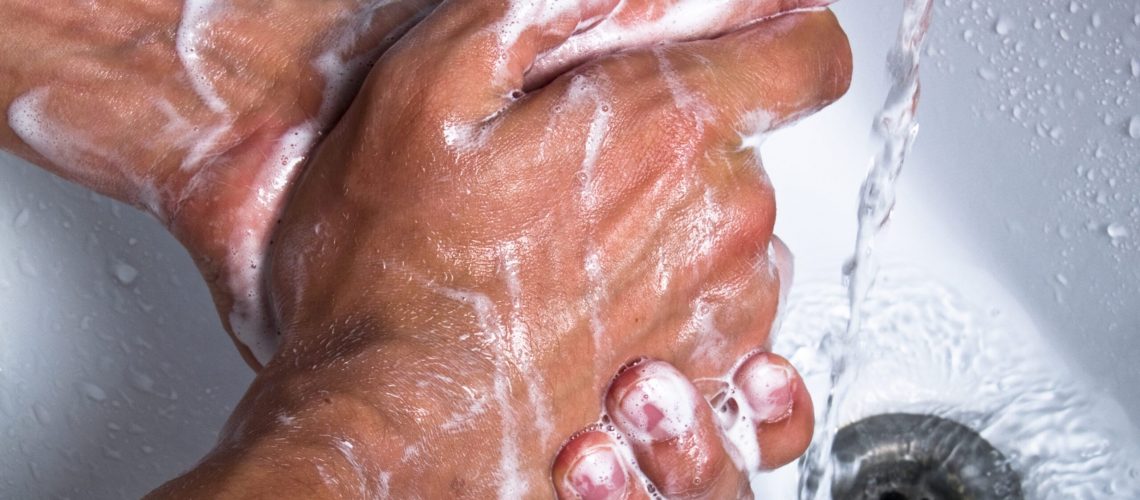Call Ahead Care Line: (281) 783-8162

Hand sanitizer has continuously flown off the shelves in the last year and a half since the onset of COVID-19. Even now, you’d be hard-pressed to walk into a public place that doesn’t have at least one bottle of hand sanitizer out for guest use. Because of the abundance and overall ease of using hand sanitizer, many use it more often than and sometimes in place of regular handwashing, which begs the question: Is hand sanitizer really as effective as washing your hands?
Did you know that surgeons wash their hands for a full five minutes before starting surgery? They do this for one reason: infection prevention. And the reason they handwash rather than hand sanitize is because handwashing is the most effective way to kill and remove germs from your hands. But why?
While hand sanitizer can be very effective (depending on its alcohol content) at removing certain germs from the skin, it can’t remove all kinds of germs, including those that may lead to vomiting and diarrhea. Additionally, hand sanitizer cannot remove chemicals like pesticides and heavy metals and isn’t as practical when hands are visibly dirty. Good ol’ soap and water, on the other hand, is incredibly effective at reducing all types of germs and removing dirt, grease, and chemicals from hands.
Keep in mind that for optimal efficacy, you should follow the CDC’s recommendations for proper handwashing, which include:
When there’s not a handwashing station nearby, opting for hand sanitizer is absolutely better than nothing. However, hand sanitizer’s level of effectiveness depends on the type you use. The CDC recommends hand sanitizers containing at least 60% alcohol content. Some common types of alcohol listed in hand sanitizer ingredients include ethanol, ethyl alcohol, isopropanol, or 2-propanol. No matter the form, a higher percentage of alcohol means increased germicidal effects. Sorry, “alcohol-free” hand sanitizers are NOT your friends.
When you have the option of washing your hands or using hand sanitizer, choose the former! Handwashing is the best way to remove dirt and grease, and most importantly, kill and remove germs!
We improve our services by using Microsoft Clarity to see how users interact with our website. By using our site, you agree that we and Microsoft can collect and use this data.